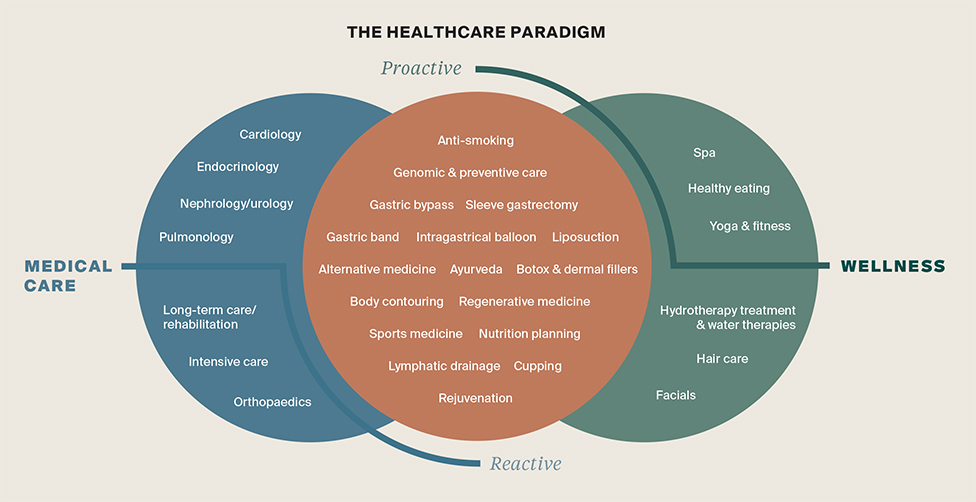Healthcare investment opportunities in Africa
Covid-19 has forced African governments to focus on the resilience of their medical systems and encouraged individuals to examine their personal wellbeing. As Knight Frank’s Healthcare team reports, the overlap of these two trends provides opportunities for investors
3 minutes to read
As global health systems succumbed to the challenges posed by the Covid-19 pandemic, governments realised that to ensure future economic stability it was imperative to strengthen and invest in their health systems.
Helpfully, numerous countries in Africa are poised for economic growth backed by their untapped natural reserves, commitment to infrastructure projects and adoption of technology. To ensure their economic success, governments cannot neglect their healthcare sectors and will be seeking increased private sector participation to expedite the development of the healthcare industry.
Historically, though, the private sector has maintained the view that, due to the lack of capacity to pay for treatments, the health sector in Africa does not present a viable investment option. However, if we analyse the current state of affairs in the majority of countries across the continent we can see that the situation is changing, thanks to the emergence of a growing middle class and the rapid pace of urbanisation.
"The healthcare segment is increasingly seeing middle-class families opting to travel for medical care in search of quality, but with restrictions on flights, those who tended to get themselves treated abroad will now be looking for quality healthcare at home."
This all means that the spectrum of demand has widened and is no longer restricted to just basic, affordable healthcare. As the graphic opposite illustrates, there are many more parts of the value chain to be considered, including moving in the direction of medical wellness, which represents immense opportunities in Africa.
As the graphic shows, medical care is reactive, while wellness is preventive in nature. Medical wellness is an area that overlaps both, as a significant number of services can be utilised for both prevention and cure. It is the combined practice of medical care and wellness, resulting in improved health outcomes, preventing and/or curing diseases as well as promoting wellbeing.
Wellness tourism is already well established in Africa. Figures from the Global Wellness Institute show that 6.5 million wellness trips involving US$4.8 billion in expenditure were made between 2015 and 2017 in sub-Saharan Africa. This means that there is an opportunity for pure play wellness providers to consider collaborating with medical wellness and/or healthcare providers in order to integrate medical wellness as part of their service offering.

Combining Africa’s natural beauty with medical wellness retreats will help develop the domestic medical tourism market in the short term and get it ready to welcome international medical wellness tourists in the medium to long term. In the graphic above, we focus on the opportunities in the medical wellness sector and the demand drivers specific to these opportunities.
It is evident that there is an established and growing demand for healthcare services. In addition it is also clear from this pandemic that, to ensure economic success, countries should have a strong healthcare system in place. Governments should focus on getting the private sector involved by way of investor-friendly legislation, introducing mandatory insurance and undertaking projects under the public-private partnership mechanism. Overall, it is clear that Africa is moving on the healthcare paradigm – and that those who are equipped with market-based advice are likely to succeed.
Dr Gireesh Kumar is Senior Manager, Healthcare Consultancy. For more information contact: gireesh.kumar@me.knightfrank.com
